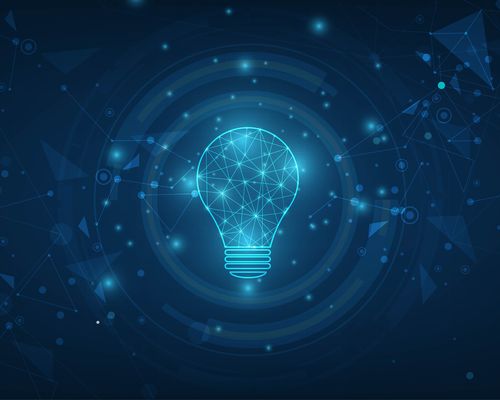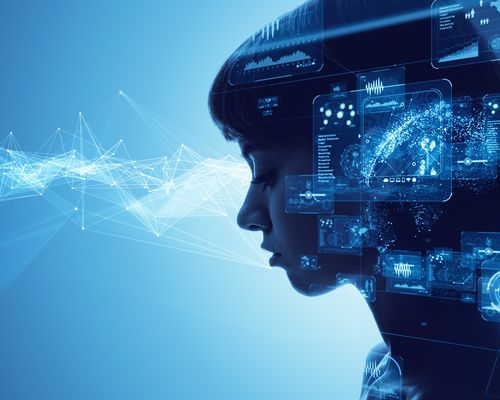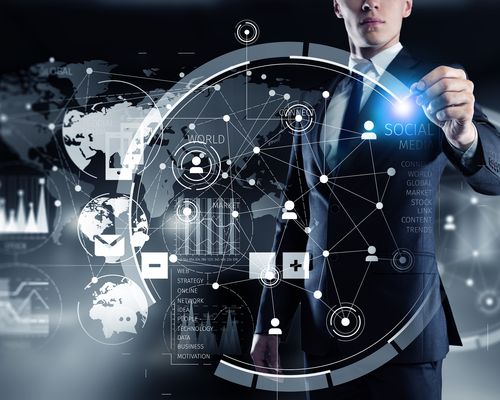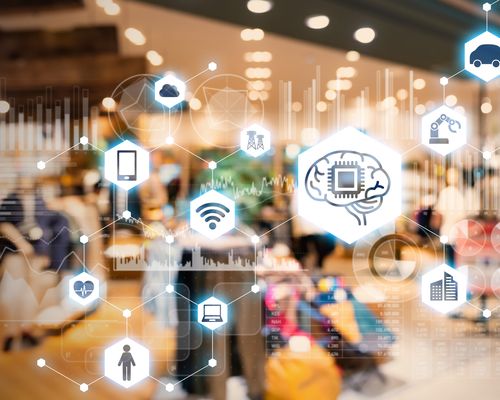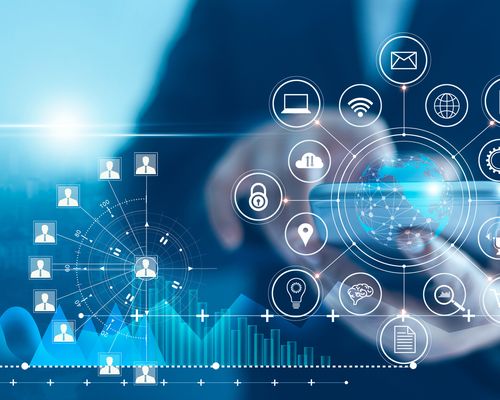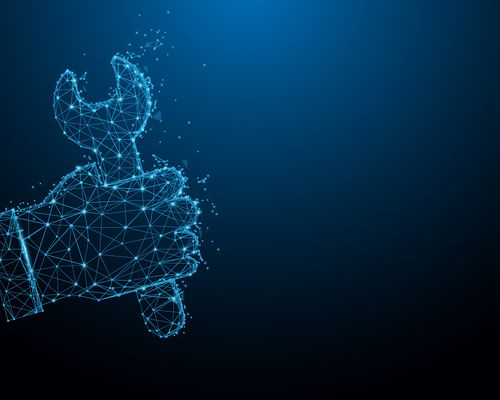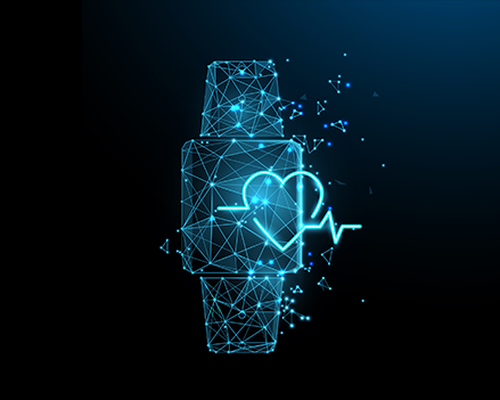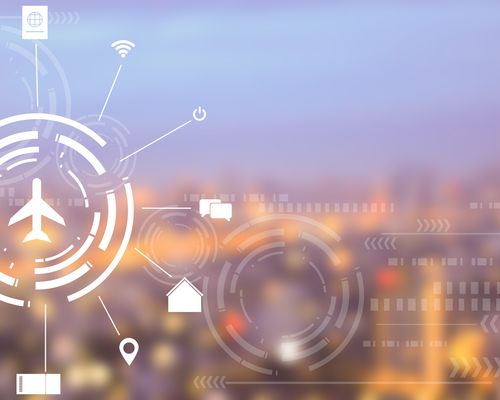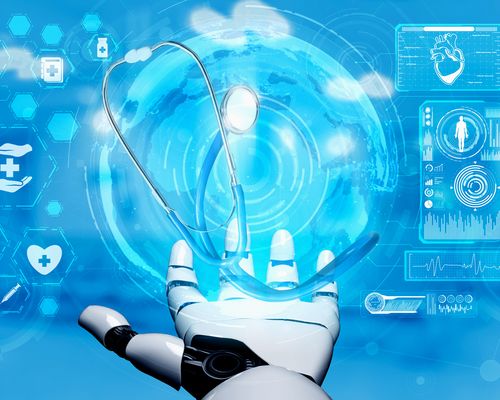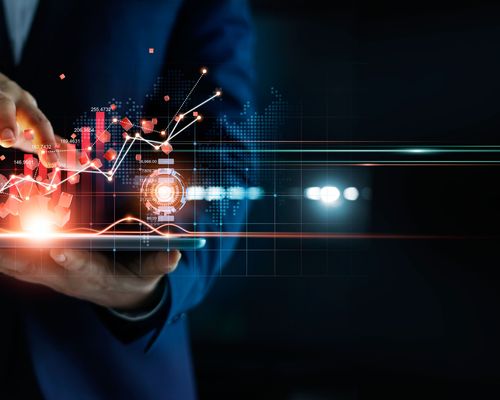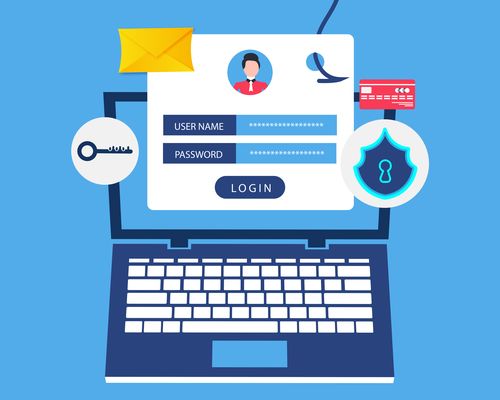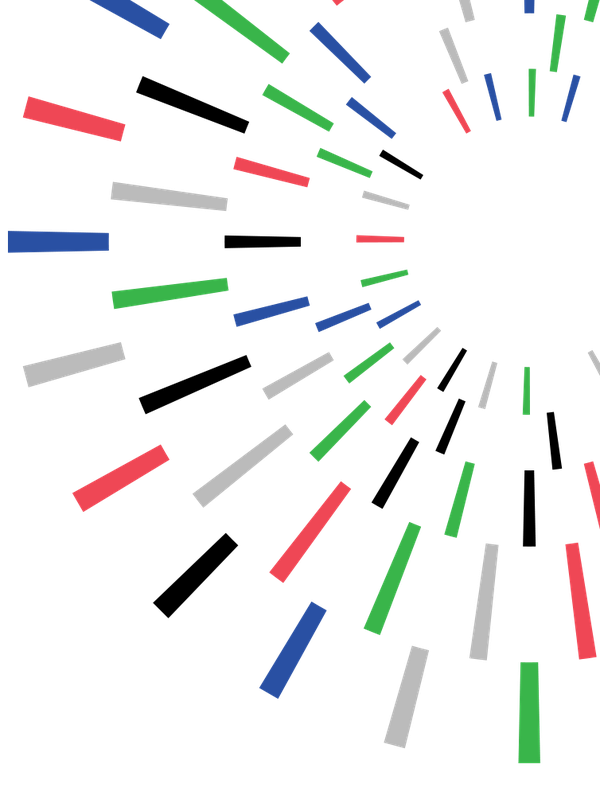
ITEA Call 2021 projects
A promising start!
For ITEA Call 2021, the first ITEA 4 Call, 14 projects have been labelled involving 16 countries and representing an effort of more than 2,150 person years. When thinking about this Call, the word that comes first to mind is ‘quality’. After their evaluation, both industry experts and Public Authorities agree that this year’s projects are of high quality. The project’s objectives in terms of technological innovations and business impact are well defined, and the consortia are very relevant to tackle the projects’ challenges. There is a good balance between SMEs that have the agility to innovate, large industries that can quickly bring the outcomes of the projects to the market and research centres that provide beyond State-of-the-Art research. We all look forward to seeing these projects kick off.
In this Call we see a clear focus on two ITEA smart challenges, engineering and health, with three projects for each challenge. The engineering community is very active and this year there is a focus on three important different technologies: one proposes automation (using AI) to generate surrogate models that can more easily and quickly design complex systems; a second wants to increase the productivity in the development of IoT based applications; the last plans to take advantage of the cloudification of IT infrastructure to exchange information along the engineering value chain in a more secure way. The Smart health projects are also quite diverse and focus on remote monitoring, patient data management and new solutions for mental diseases.
Besides these two strong sectors, two other ITEA smart challenges are also well represented with two projects each: Smart industry and Smart cities. The four remaining ITEA challenges - Smart mobility, Safety and Security, Smart communities and Smart energy - are the focus of one project. So, overall, all the ITEA challenges are covered in this Call.
Regarding the technology focus of the projects, AI continues to be the main driver to sustain the innovation. Different areas of AI will be researched such as the development of digital twins, the use of domain knowledge represented with ontologies, the exploitation of natural language recognition or the ability to explain AI system outputs. As often, most of the projects have defined use cases that will help to focus the research and to prepare fast exploitations. We can expect impact in various economic sectors such as automotive, traffic control, electric vehicle charging, aviation, e-commerce, retail, agriculture, telecommunication, manufacturing and health, as mentioned above.
In summary, the ITEA 2021 Call is a very good start to achieving the ambitious objectives of this programme in terms of innovation and growth through software innovation.





AIMOB SmartCity - 21029
Modelling and optimization of biofuel production and advanced monitoring systems for Smart Cities
- Project leader
- Inovasyon Muhendislik (TUR)
Renewable energy (bioenergy) is one of the key factors for ensuring the sustainable development of smart cities and beyond. The aim of AIMOB SmartCity is to produce biofuels from microalgal biomass by using artificial intelligence (AI) in modeling and optimisation and to develop advanced monitoring system for Smart Cities. Simulation-Based production planning of biofuel from microalgal biomass gives rise to the reduction in the operational cost and makes biofuel competitive with fossil fuels. The developed model will enable new services for local trading (Energy-as-a-Service).







BENTRADE - 21003
Blockchain Based Energy Trading Platform
- Project leader
- KoçSistem (TUR)
Demand for electricity is set to grow and cost-effective solutions are emerging to optimize and effectively manage the transitioning electrical grid. BENTRADE aims to provide an innovative software platform with services and tools for rapid development and deployment of Demand-side Flexibility Management (DSFM) and energy trading solutions. The BENTRADE platform will help to overcome some of the key challenges in the energy sector—most notably intermittency, sectoral silos, balancing distribution-connected generation, managing consumer self-generation, aging grids, and coping with increasing system complexity.





DAIsy - 21016
Developing AI ecosystems improving diagnosis and care of mental diseases
- Project leader
- ARD GROUP (TUR)
Major depressive disorder (MDD) is a common psychiatric disorder, ranking as the second leading contributor of years lived with disability. Finding the right approach for individual patients remains challenging. DAIsy will develop and bring to the market AI-supported solutions for improved diagnosis, treatment selection, monitoring with diet and activity tracking, support in behavior adjustments, and treatment response assessment. Novel AI techniques will jointly be developed to advance the AI applicability for these fragile patients by advancing techniques for large data points / patient ratios, improving explainability and uncertainty quantification.





EARS - 21017
Environment Adaptive Recommendation System
- Project leader
- ARD GROUP (TUR)
The main problem of many domains is the lack of information and leading, as potential customers cannot be reached because there is not enough information and guidance towards the right products. The EARS project aims to bring together all parties in the value chain, creating an ecosystem, providing a new platform that fits the purposes of all parties, and enabling them to collaborate. Entities such as businesses, algorithm developers, solution providers, service providers and Recommendation Systems are brought together to enhance their/others capabilities, monetising the artifacts through utilizing them as a service.






EXPAI SmartIndustry - 21028
Integrating AI into smart control systems, and increasing productivity for industrial areas
- Project leader
- Acd Bilgi Islem ltd.sti. (TUR)
Smart technologies getting higher importance while supporting Artificial Intelligence technologies that we use in our life. The main goal of this project is to provide a flexible, controllable digital environment supported by Explainable Artificial Intelligence digital smart platform that will collect and analyse sensor data from various resources for different domains and these will be combined in a common framework in industrial areas and Retail Market. The project will present novel methods and solutions the industrial market and real-life use cases for exploitable solutions.






GenerIoT - 21014
Generating and Deploying Lightweight, Secure and Zero-overhead Software for Multipurpose IoT Devices
- Project leader
- Infineon (DEU)
Distributed hardware/software systems, often interconnected via the Internet, which gather information via sensors and influence the environment via actors must be up-to-date, especially with regard to security. Additionally, the connectivity offers the opportunity to adjust in-field systems to user needs. This requires an efficient development flow enabling short development cycles. GenerIoT will provide new technologies and processing steps in order to simplify and speed up the handling of IoT software over the complete DevOps cycle. The approach proposed by GenerIoT will open new business opportunities: IoT apps.






LimitLess - 21001
Using Surrogate Engineering Models without Limits
- Project leader
- Fraunhofer (DEU)
Reuse, exchange, and integration of computational models into larger system-level digital twins or for subsequent designs is still limited. The combination of models from different providers often is still a mostly manual task with many limitations in the functionality. Inspired by the idea of app-stores and their commercial eco-systems, LimitLess will realise solutions for reusable and transferable engineering models, offered through open or community model stores. AI-assisted methods will help to create and attribute surrogate models from heterogeneous data sources and support their combination with each other or classical models.






RM4HEALTH - 21022
Remote Monitoring in Health and sports
- Project leader
- Philips (NLD)
Wearable health monitoring systems provide a big promise in allowing individuals to closely monitor changes in their vital signs and provide feedback to regain or maintain an optimal health status. The RM4Health project will accelerate innovation in electronic wearable devices. RM4HEALTH will focus on the development of open technology platforms for vital sign monitoring for these emerging fields to help them bridge “the Valley of Death” in shorter time and at lower cost. RM4HEALTH aims to stimulate innovation in continuous monitoring in healthcare and sports.






SOCFAI - 21020
Secure Open Collaboration Framework powered by Artificial Intelligence
- Project leader
- TAV Technologies (TUR)
The SOCFAI project focuses on airports and addresses the problems caused by the collaborative and multi-stakeholder nature of their operations. It is providing new ways of managing the operations cycle, the ability to have a real-time common situational awareness of all aspects of the airport operation, optimizing different core processes, enabling predictive and fully integrated operations management, facilitating customer service management and orientation; meanwhile trying to improve the overall customer satisfaction levels by introducing an open-source framework equipped with technologies such as AI, Computer Vision, VR, IoT, LIDAR, etc.






SYMPHONY - 21026
Eco-system for disease specific clinical workflow and data integration
- Project leader
- Philips (NLD)
Healthcare today, faces many challenges like improving patient outcome, working cost effectively while balancing with growing demand, declining staff capacity and new clinical/technological developments. COVID-19 has clearly shown the urgency for healthcare IT to ensure efficient decision making, co-operation and reducing strain on the sector. The most effective way to achieve this is to unlock the full potential of the knowledge hidden within the enormous generated medical data. The objective of SYMPHONY is to create an open healthcare IT-ecosystem, providing care professionals with real-time, comprehensive insights into the patient’s status, integrating all relevant information for diagnosis, treatment selection as well as follow-up.





TAPCOP - 21032
Traffic AI Prediction of Common Operational Picture
- Project leader
- ViNotion BV (NLD)
Authorities continuously struggle with managing and controlling traffic and crowds to prevent safety incidents and discomfort. They lack efficient solutions to prevent these problems. TAPCOP realises situational awareness & data-driven management of visitor flows and provides AI-based sensors and aggregate multiple data sources using AI to create a more reliable and complete view on the situation and predict overcrowding. TAPCOP offers a one-shop solution for multi-modal mobility management and prevention of overcrowding by personally advising visitors pre-trip, on-trip and on-site via social media, navigation systems and other mobile phone apps.





TiDiT - 21023
Timeline-Driven Digital Twin
- Project leader
- BITES (TUR)
The current digital twin services in the market do not completely fulfil the customer's needs and are unable to prevent unexpected breakdowns and provide cost-effective models. Moreover, end-users have to set up every simulation using different software, which results in high cost, time, and effort. By bringing together different software capabilities while fulfilling customer needs with the implementation of the innovative technologies, TiDiT Project aims to create an "as a service" model timeline-driven digital twin platform to enable a better decision-making process and increase situational awareness.






VESTA - 21011
Proactive protection against phishing-based ransomware
- Project leader
- VisionWare - Sistemas de Informação,… (PRT)
Every year, millions of users fall victim to malware threats in various ways. VESTA project aims to develop a European cybersecurity system to proactively protect systems against ransomware attacks. It combines multiple techniques such as AI/ML, Data and knowledge extraction, anti-phishing, human behaviour analysis and Sandboxing, to build a multilayer ransomware attack mitigation platform capable of preventing, defending, and remediating from such attacks. Moreover, VESTA may also tackle the challenges related to the multi-language nature of phishing emails via collaboration between partners from different countries.





ZEE - 21015
Zero-Data Exchange for Engineering
- Project leader
- SETLabs Research GmbH (DEU)
There is a high need to process privacy and intellectual property-related digital artefacts, such as data sets, models, or algorithms. The vision of ZEE is that for processing these artefacts no copies must be created. Technical issues of security and privacy can be addressed with novel approaches. However, current IT infrastructures represent major barriers. Much sought-after applications like controlled data sharing, distributed computing, or distributed tool chains are effectively prevented. The ZEE project aims to exploit edge/network/cloud computing-based mechanisms to circumvent these issues, to enable new business opportunities through a more generous attitude towards sharing in industry.

Other chapters
Use the arrows to view more chapters
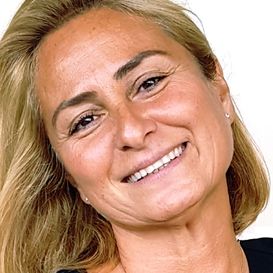
Editorial
By Zeynep Sarılar

Country Focus: Belgium
Creating jobs through innovation
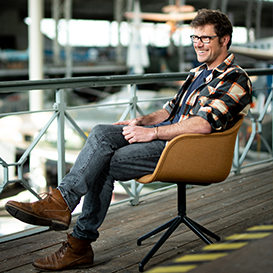
FEops
Becoming a truly global player

ITEA Success story: MOS2S
New forms of engagement in entertainment and society
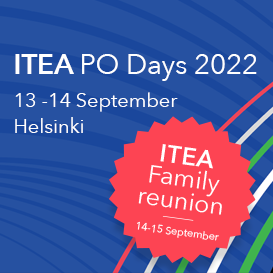
ITEA PO Days 2022 & ITEA Family reunion
The ITEA Community is coming together again!
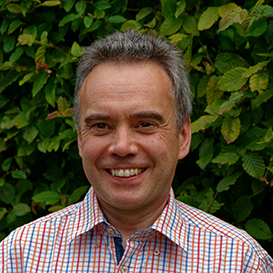
Community talk with Olivier Biot
An internationalist in body and soul
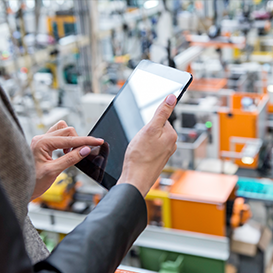
ITEA Success story: ENTOC
The next stage in virtual engineering and commissioning
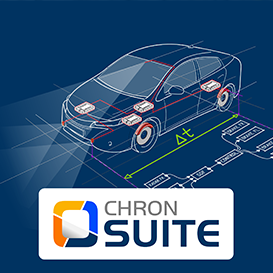
SME in the spotlight: INCHRON
A passion for finding the right timing
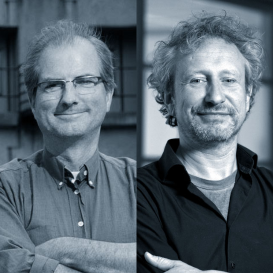
By and for end-users
Improving quality of life for patients and professionals alike
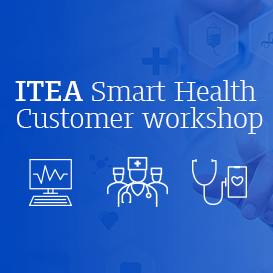
Smart health – new challenges ahead!
Insights into the 2022 Smart health customer workshop

Introducing the ITEA Call 2021 projects
A promising start!
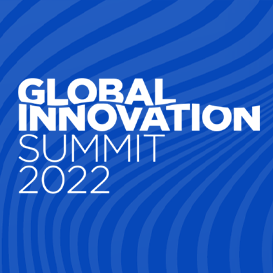
Global Innovation Summit 2022
Good to meet again, in-person and online



